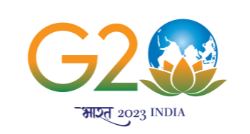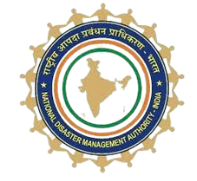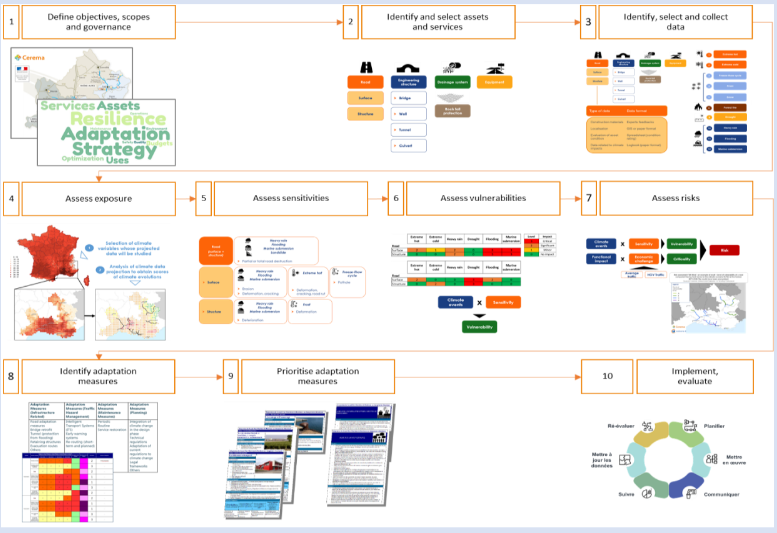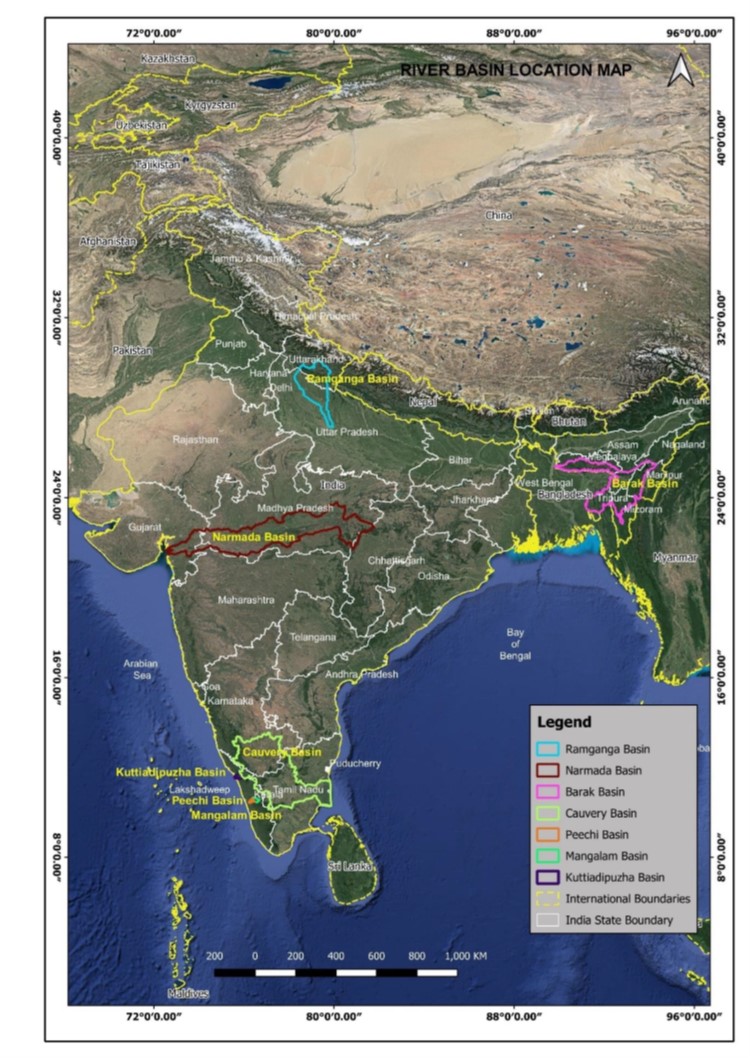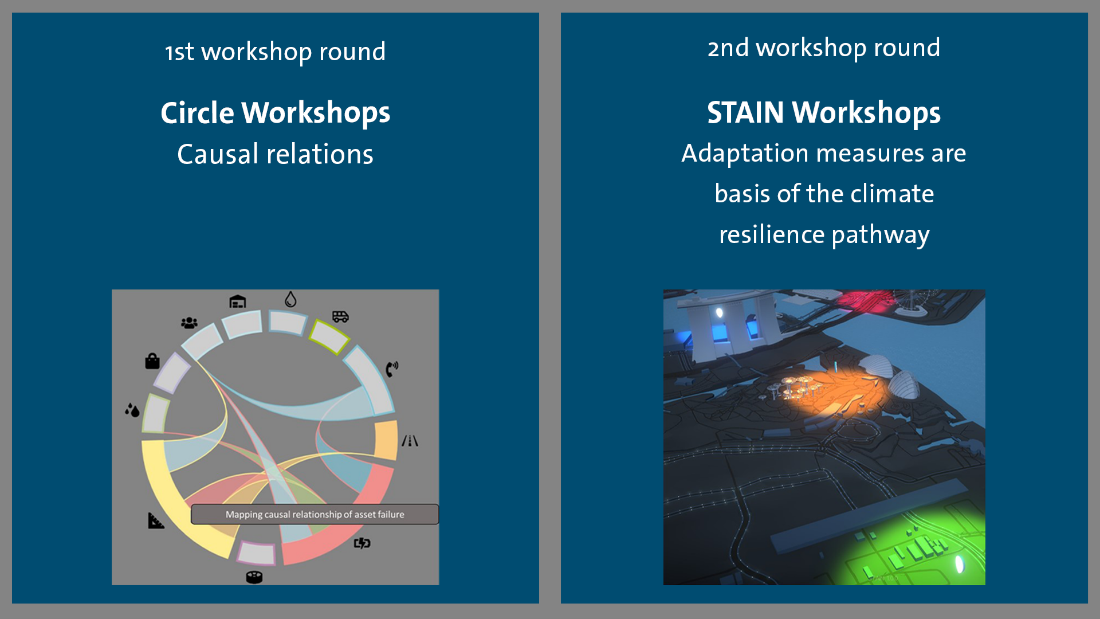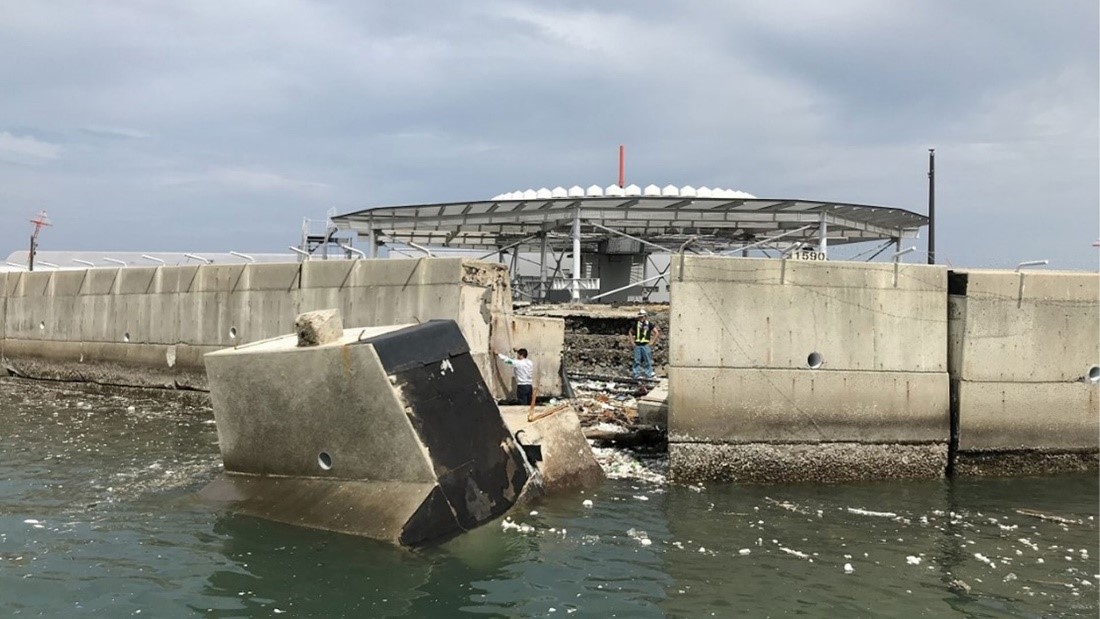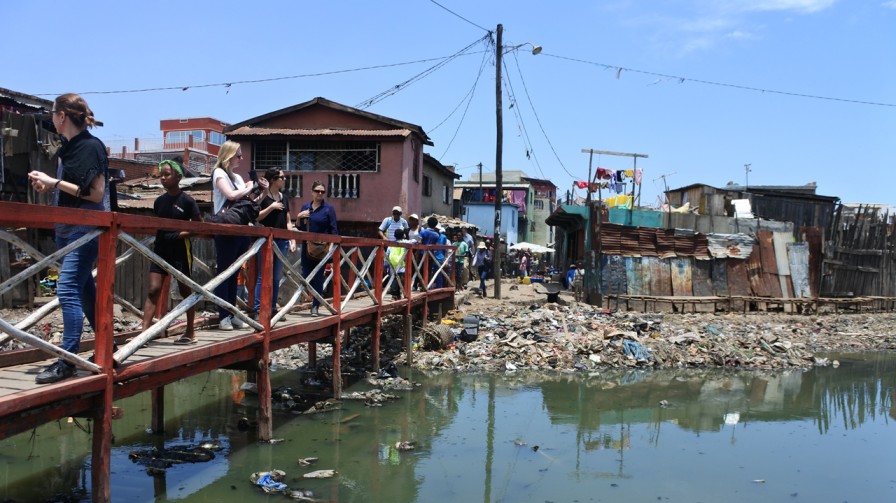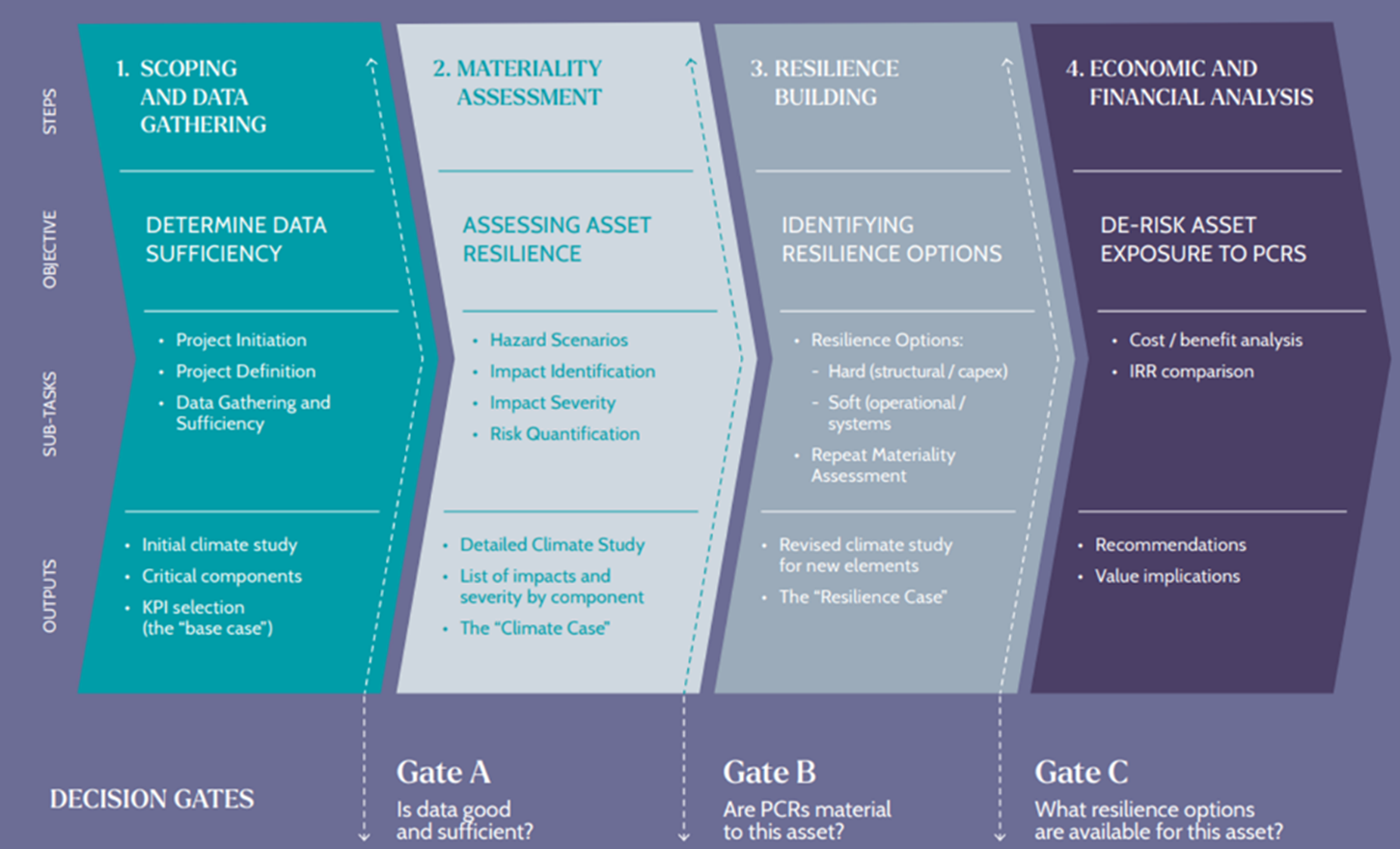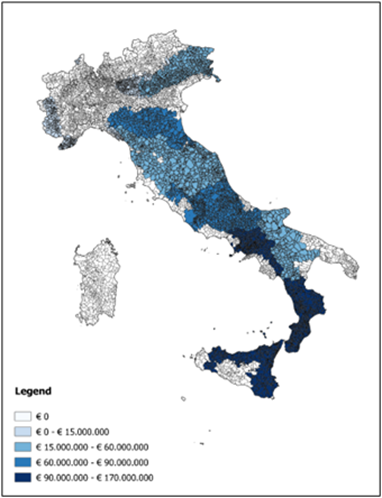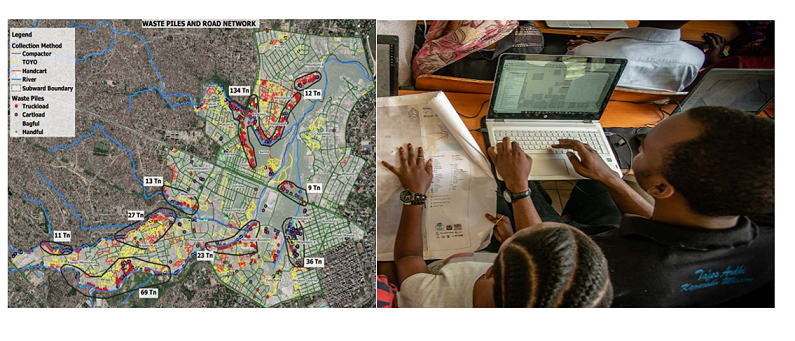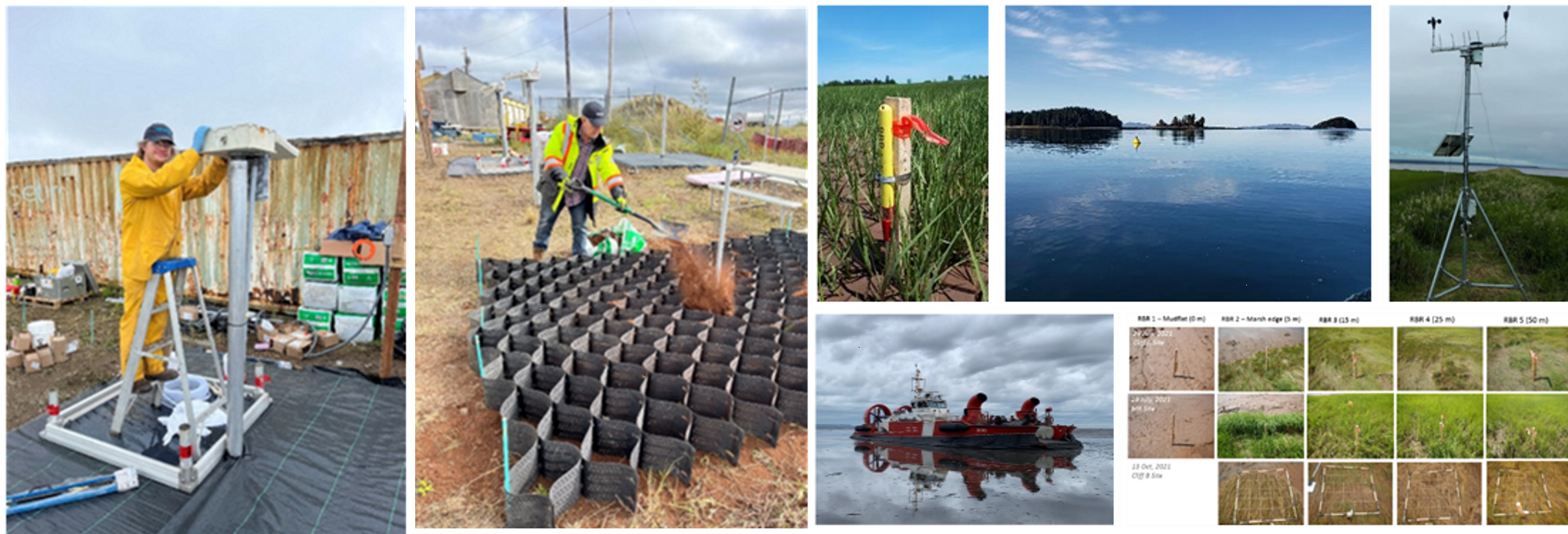The European Commission promotes the use of the EU climate and disaster resilient construction practices worldwide. The Joint Research Centre (JRC) of the European Commission together with the Department for Growth (DG GROW) supports capacity building worldwide by sharing knowledge on the Eurocodes and creating peer-learning opportunities. JRC provides scientific and technical support to the Western Balkan countries and other non-EU countries associated to Horizon Europe Research Programme, and to build the capacities to adapt their own national legislation in the field of construction and buildings to the EU legal framework. The activities consist of development of training and guidance material, and worldwide knowledge dissemination and capacity building, and to implement advanced construction technologies addressing issues related to safety of built environment (e.g., earthquakes, fire, climatic actions).
The JRC contributed to knowledge transfer and building capacities of the National Authorities, National Standardization Bodies, and engineering community of the Balkan countries to implement the Eurocodes and related European standards for construction and incorporate them in the national regulatory frameworks.
Due to the high seismicity of the Balkan region, the implementation of EN 1998 “Eurocode 8: Design of structures for earthquake resistance” is of crucial importance for improving the seismic resistance of the building stock. To address this problem, in July 2021, JRC organised the Eurocodes Balkan Summer School on seismic design of concrete buildings with the Eurocodes. Because of the JRC activities, the Eurocodes are already incorporated in the regulatory frameworks of Montenegro, North Macedonia and Serbia, and the rest of the Western Balkan countries are progressing very well with their adoption.
Georgia, Moldova, and Ukraine became affiliate members of The European Committee for Standardisation (CEN) as of 1 January 2023. These countries are elaborating the national documents needed for the adoption and implementation of the Eurocodes. The training and guidance material conceived for the Western Balkan countries can significantly facilitate the adoption of the Eurocodes in these countries.
The regional approach in JRC activities supporting the promotion of Eurocodes worldwide has proven to be successful and beneficial for generating regional collaborations and creation of communities of practice. In addition, the generated experience and the training and guidance materials elaborated for a region, are successfully leveraged to exchange knowledge and experience.
JRC leads and facilitates key dialogues such as the ASEAN Building and Construction Working Group (ASEAN: Association of Southeast Asian Nations) and the EU-ASEAN Eurocodes Dialogue. The dialogue aims to inform, provide training, and support capacity building for interested and relevant stakeholders (national authorities, chambers of engineers, construction industry associations) in ASEAN countries, about the Eurocodes; and facilitates knowledge transfer on the European legislative and standardisation framework for the construction sector. The activity takes place in the framework of the Enhanced Regional EU-ASEAN Dialogue Instrument (E-READI) by the department for International Partnerships (DG INTPA). Several ASEAN Member States, because of these activities, have expressed interest in adopting the Eurocodes and receiving further technical support (Cambodia, Brunei, and Malaysia).
- In Brunei Darussalam, in the summer of 2022, a taskforce was set up to assess the suitability of adopting the Eurocodes and at the same time, a regional workshop “Towards increasing awareness of Eurocodes in Brunei Darussalam” took place, to outline the needs and the availability of necessary technical assistance in support of the Eurocodes its adoption and introduction into the national regulatory framework. After the workshop, a survey operated by the Brunei PUJA Academy has revealed a strong need of training in understanding the Eurocodes among the Bruneian professionals in the building construction environment.
- The Department of Standards of Malaysia has adopted six Eurocodes. Malaysian experts are currently developing National Annexes to them; and have asked JRC for support (technical reports, other national annexes to consult, expert support). Malaysian experts have access to the Eurocodes Database of Nationally Determined Parameters (managed by the JRC) to explore different national practices while adopting the Eurocodes.
- A visit of an ASEC delegation (ASEC: ASEAN Secretariat) to the JRC premise of Ispra, Italy, is under planning.
- A regional capacity building workshop in Singapore, focused on climatic maps, is planned for September 2023. Communication exchanges are continuing with ASEC and the Building and Construction Working Group within it (BCWG), on the scope and details of the workshop; the Eurocodes Dialogue Concept Note is under revision to align it better with the views of BCWG






